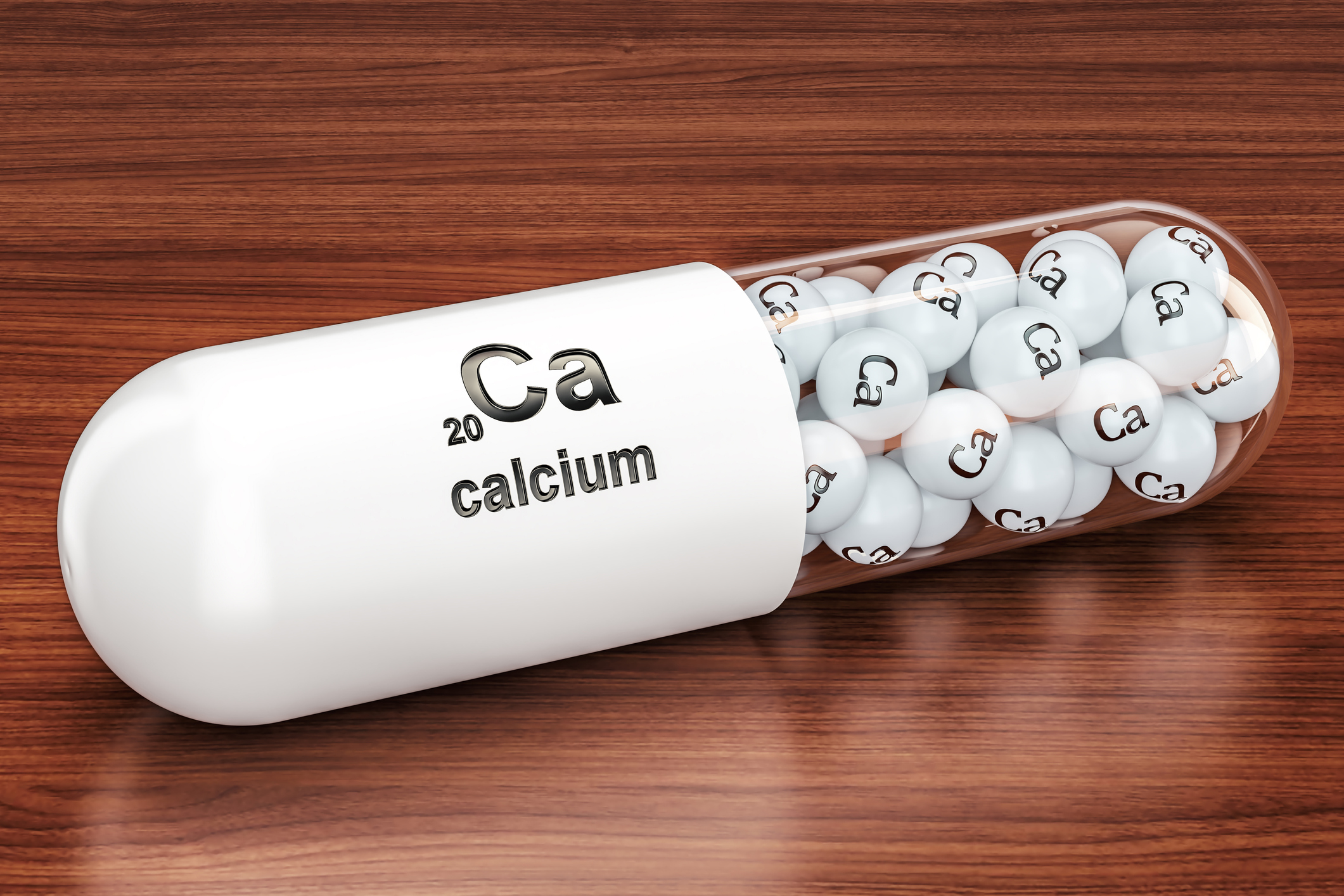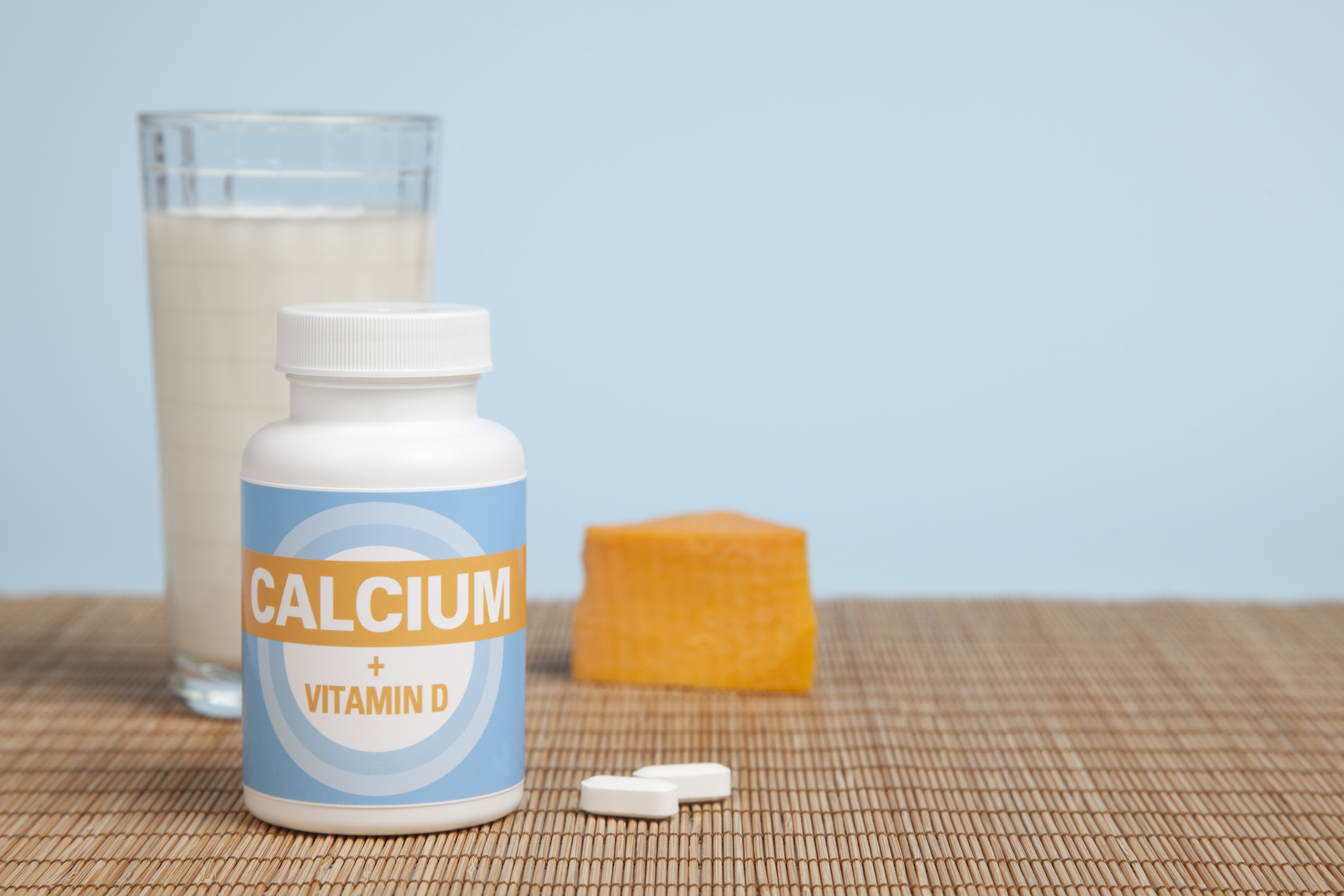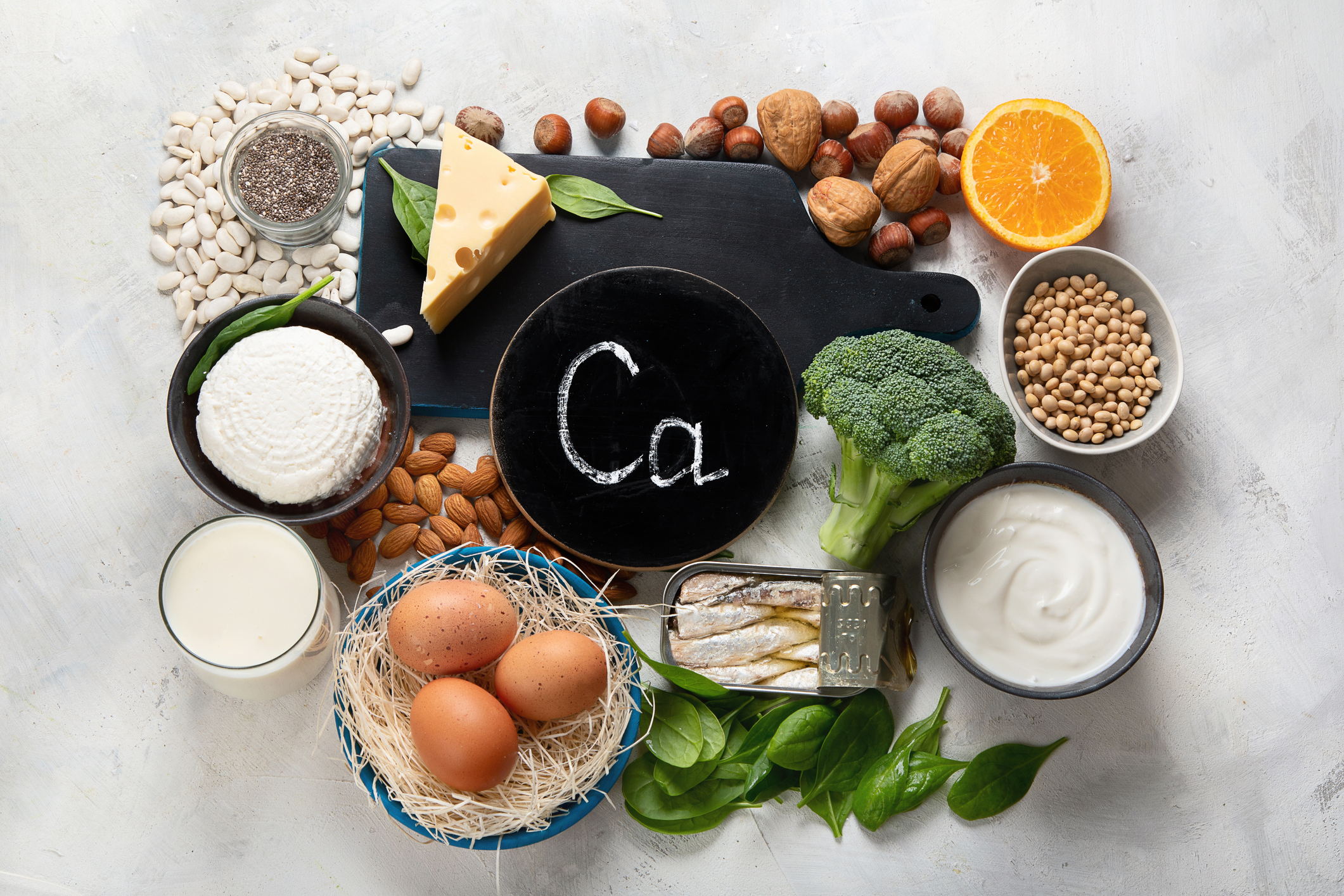Our amazing bodies are filled with the mineral calcium. You might be familiar with it being an essential component of our bones. Still, it also has a vital role in our muscles and other complicated body processes, such as enzyme and hormone formation.
It is, in fact, the most abundant mineral in the human body. When you are pregnant, your brilliant body builds an entirely new human, including its entire skeletal system and teeth!
Your body needs abundant calcium to do this effectively and grow a healthy baby. We also know that adequate calcium intake reduces the risk of pregnancy complications, such as pre-eclampsia, and negative implications for women’s health later in life.
This article examines why calcium is essential during pregnancy, how much you need to take for maximum impact, and which foods will be your best sources of this vital mineral.
Why is calcium important during pregnancy?

Did you know that babies have as many as 300 bones in their small but perfect bodies when they are born?
These eventually form the 206 bones in an adult human body, as some fuse together. Calcium is the main building block for developing healthy bones and teeth.
During pregnancy, your body provides your baby with all of the calcium that they need. If you do not take enough calcium daily during pregnancy, your body will use calcium to compensate for the shortfall.
This means that if you don’t have enough calcium in your diet and nutrition, your bone health may be affected in the future. Women who have a calcium deficit during their pregnancies are more likely to suffer from conditions like osteoporosis in later life.

Calcium is absorbed from the foods and supplements you take via your digestive system.
This mechanism is enabled by vitamin D, which is commonly known as “the sunshine vitamin” because it is made when our skin is exposed to sunlight.
Where the UK and Ireland are situated on the earth, we get less sunlight throughout the year than other countries, which compromises our levels of vitamin D.
For this reason, all pregnant women in the UK and Ireland are advised to supplement daily with 10mcg of vitamin D. You can learn more about the importance of vitamin D in pregnancy here.
How much calcium do pregnant women need?
Daily calcium recommendations vary between countries.
Whilst the WHO recommends a daily intake of 500 mg of calcium, the UK and Ireland recommend a daily calcium intake of 700 mg for adults aged 19-50.
Ireland increases this daily requirement to 1,000 mg for pregnant women, whilst the UK does not recommend a definitive amount but increases the daily intake.
Why do calcium needs during pregnancy vary from person to person?
Calcium requirements vary according to age.
For example, the Association of British Dietitians recommends that girls between 11-18 consume 800 mg of calcium per day as they grow but lowers the recommendation to 700 mg/day for women aged 19+.
However, they do not offer specific advice regarding calcium requirements during pregnancy; they advise a daily intake of 1,200 mg for breastfeeding women.
The daily calcium recommendation is also increased for individuals with absorption issues, such as IBS (irritable bowel syndrome), coeliac disease, and women after menopause.
Foods high in calcium

It is advised that pregnant women include several portions of calcium-rich foods as part of their daily, balanced diet.
Although calcium requirements tend to be higher in the 3rd trimester, a good daily intake is necessary throughout pregnancy.
Good food sources of calcium are:
- Milk - cow, sheep and goat.
- Plant-based milk, which has been fortified with calcium.
- Cheese - including lactose-free and some calcium-fortified plant-based cheese.
- Yoghurt - including calcium-fortified plant-based yoghurts.
- Soybean curd/tofu set with calcium chloride or calcium sulphate.
- Sardines, pilchards and/or salmon (all with bones).
- Whitebait.
- Calcium-fortified bread and cereals.
- Green leafy vegetables such as kale & spring greens.
- Broccoli.
You can learn about other important vitamins, minerals and nutrition in pregnancy here.
Do you need to take calcium supplements for pregnancy?
While we store calcium in our bones, our bodies do not make this vital mineral. With the significantly increased requirements for calcium during pregnancy, it can be challenging to get enough from diet alone.
And this can become more difficult if you have absorption issues, such as coeliac disease or IBS (whilst on steroids).
In our modern world, some dietary choices or requirements may mean that certain calcium-rich foods may be absent from some diets. Calcium supplements can provide the necessary amounts to meet daily needs.
You can have too much of a good thing.
Taking too much calcium can make it difficult for your body to absorb other key minerals like zinc and iron.
Taking a supplement with enough calcium to complement your diet, as opposed to high doses of calcium to cover your daily requirements, ensures you get just the right amount.
If you are taking medication or have any worries about your dietary intake, speak with your GP, midwife, or dietitian.
We have done all the hard work, so you don’t have to
As midwives, we always recommend that women trying to become pregnant, throughout their pregnancy, aim for the best diet to attain their nutritional requirements.
We also know this is not always possible, so taking a supplement can reassure you that you are getting all the nutrition you need.
We have developed a pregnancy supplement containing all the essential micronutrients to support your needs when trying to conceive, through your pregnancy journey and even onward, to support your recovery from birth.

Midwives, obstetric consultants and dietitian have formulated our expertly developed pregnancy supplement.
It contains 12 essential vitamins and minerals, including calcium and the vitamin D your body needs to absorb.
Our supplement is vegan and plant-based, and 95% of its ingredients have been obtained from natural rather than synthetic sources.
In short, we have done all the hard work so you can be assured that you and your baby are getting all the right ingredients to support your health and wellbeing throughout pregnancy.


















